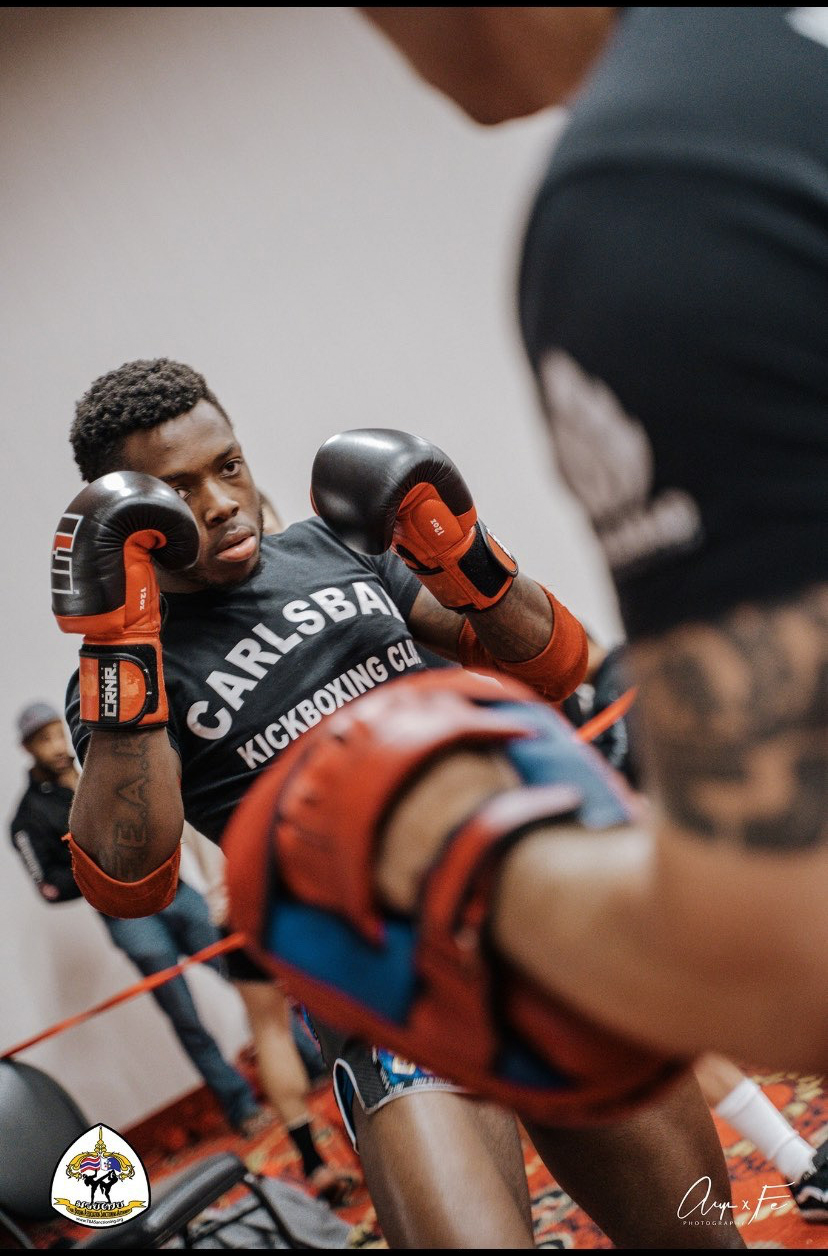It has been said that one of the most important relationships any fighter will have in their career is the bond they have with their coach. Beyond the technical skills being taught, it is the relationship that is almost just as important as the number of wins earned.
According to Carlsbad Kickboxing Club’s Rolando Montano “The best part of coaching is seeing the potential and helping someone believe in it. I can show them the door, but they need to make the decision to go through it or not.”
Below are just a few days ways to help build a strong relationship between a coach and an athlete.
Communication and Positive Reinforcement: An open line of communication between a coach and a fighter keeps everyone accountable and honest with one another. Doing so will lead to stronger training, personal growth, and athletic progress. When all that is aligned, winning will become a result of those relationships. Positive reinforcement is also an important step in accomplishing that goal. Building up a fighter through encouragement can help them visualize positive outcomes and maintain confidence.
Be Available: Don’t just go through the motions. It is key that a coach makes it clear to the individual they are training that they are available and accessible whenever needed. Especially with younger athletes who are just getting started, they often need advice and might be seeking someone to follow and look up to as a mentor.
Sincerity and Genuine Interest: Don’t just go through the motions. A coach should always show genuine interest in the athlete they are training. It is that sincerity that will run deeper than any win or losses and ultimately, will improve them as a fighter. The challenge though lies in figuring out the balance between rationale, logic, and training in the sport, with empathy and compassion for the individual. Coaches must understand their job isn’t just about physical progress, it’s about setting their young athletes up for success in life.
CKC’s Xavier Barker is very aware of the relationships that develop between him and his students. Since he realizes that many students don’t end up competing, personally, his focus is to foster good moral character, emotional growth, and self-confidence in his students rather than being the best fighter. “You can be the best fighter on the planet, but if you are not a good person to be around, then you lost all of the magic of Martial arts,” he says.
A great coach, he adds, is someone who can instill great values and lessons into the minds and hearts of athletes. “I think the best coaches care beyond the belts and the wins. People will forget most of the techniques I ever show them, but they will never forget how I made them feel.”


0 Comments